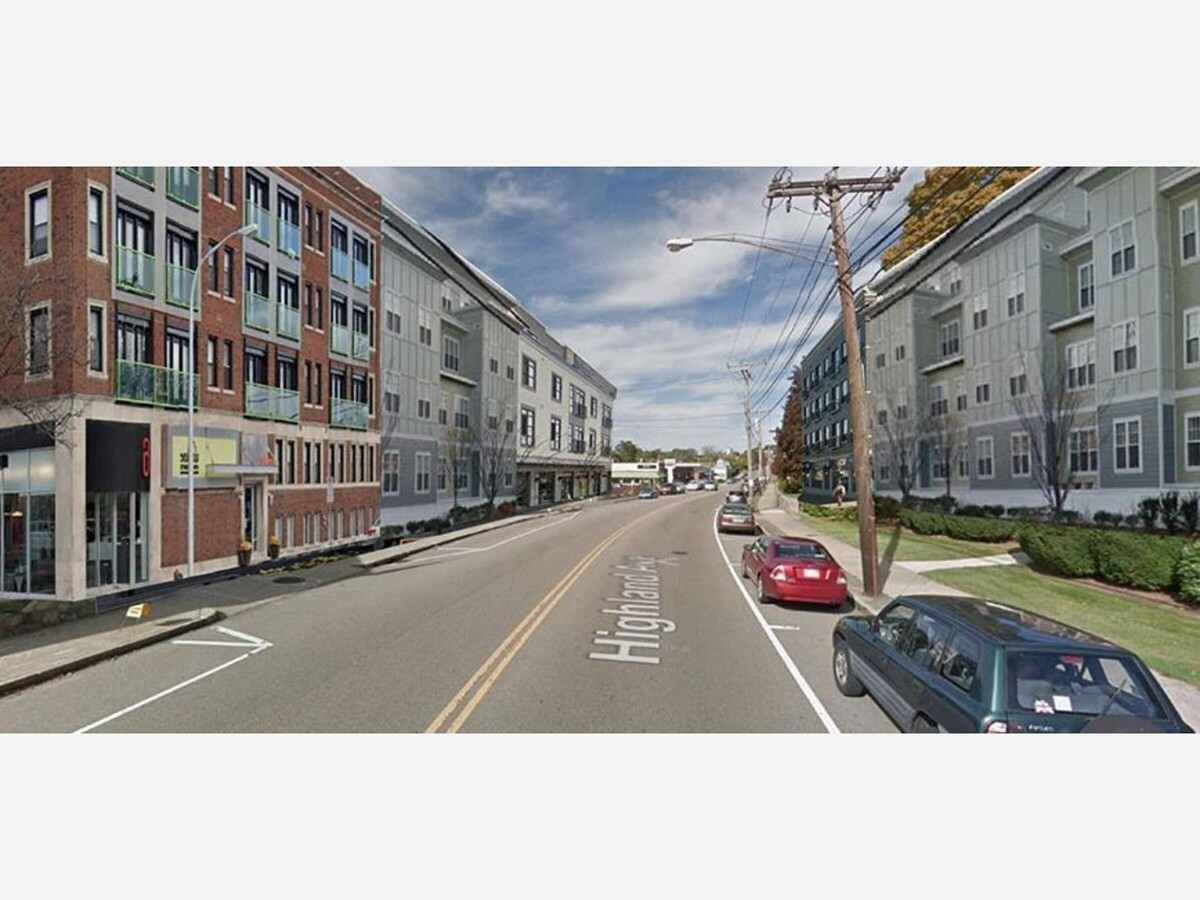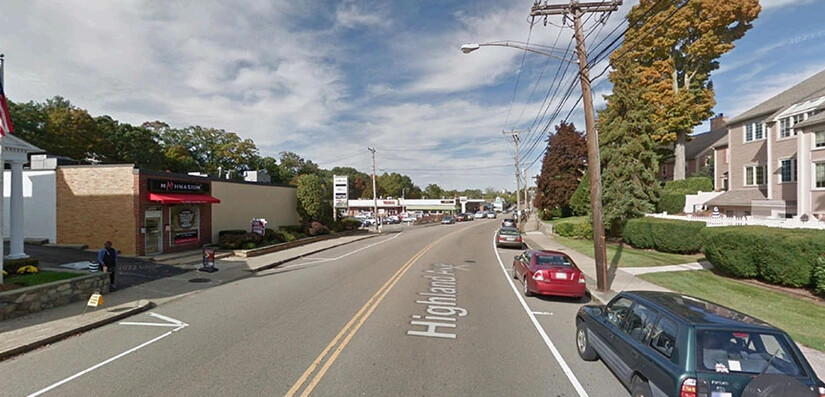Image

Above, an artist conception of what Highland Avenue might look like with mandated, denser housing. Below, Highland Avenue today.

Despite the state's' threats and the latest action by the state's Supreme Judicial Court (SJC), Needham voters went to the polls in large numbers Tuesday, and voted decisively to not comply with the state's so-called MBTA Zoning Law, which has been billed as a housing panacea but upends centuries of local town autonomy.
According to Needham Town Clerk Louise Miller, a total of some 11,819 votes were cast. Some 4882 were yes votes, seeking to keep the compliance measures approved previously by the town. However, 6866 voters want to scrap that measure, and take their chances with state sanctions rather than lose what they say is critical town character.
Meanwhile, After the split decision by the SJC, which upheld the MBTA law but told the state its implementation process was flawed., the Healey administration filed emergency regulations late Tuesday afternoon to implement the controversial law meant to spur more affordable housing production.
The Supreme Judicial court upheld the MBTA Communities Act as a constitutional law last week, but rendered it "ineffective" until the governor's Executive Office of Housing and Livable Communities promulgated new guidelines. The courts said EOHLC did not follow state law when creating the regulations the first time around, rendering them "presently unenforceable."
The emergency regulations filed Tuesday are in effect for 90 days. Over the next three months, EOHLC intends to adopt permanent guidelines following a public comment period, before the expiration of the temporary procedures, a release from the office said.
"The emergency regulations do not substantively change the law’s zoning requirements and do not affect any determinations of compliance that have been already issued by EOHLC. The regulations do provide additional time for MBTA communities that failed to meet prior deadlines to come into compliance with the law," the press release said.
The MBTA Communities Act requires 177 municipalities that host or are adjacent to MBTA service to zone for multifamily housing by right in at least one district.
Cities and towns are classified in one of four categories, and there were different compliance deadlines in the original regulations promulgated by EOHLC: host to rapid transit service (deadline of Dec. 31, 2023), host to commuter rail service (deadline of Dec. 31, 2024), adjacent community (deadline of Dec. 31, 2024) and adjacent small town (deadline of Dec. 31, 2025).
Under the emergency regulations, communities that did not meet prior deadlines must submit a new action plan to the state with a plan to comply with the law by 11:59 p.m. on Feb. 13, 2025. These communities will have until July 14, 2025, to submit a district compliance application to the state.
Communities designated as adjacent small towns still have a Dec. 31, 2025 deadline to adopt zoning.